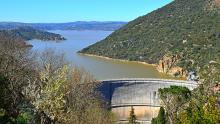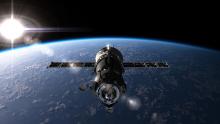
Asteroids, comets and meteors are remnants of our cosmic past. Now, EU researchers have pioneered new analytical techniques that could help us better understand what they are made of. What’s more, this information could provide vital insights into the formation and evolution of our solar system.









